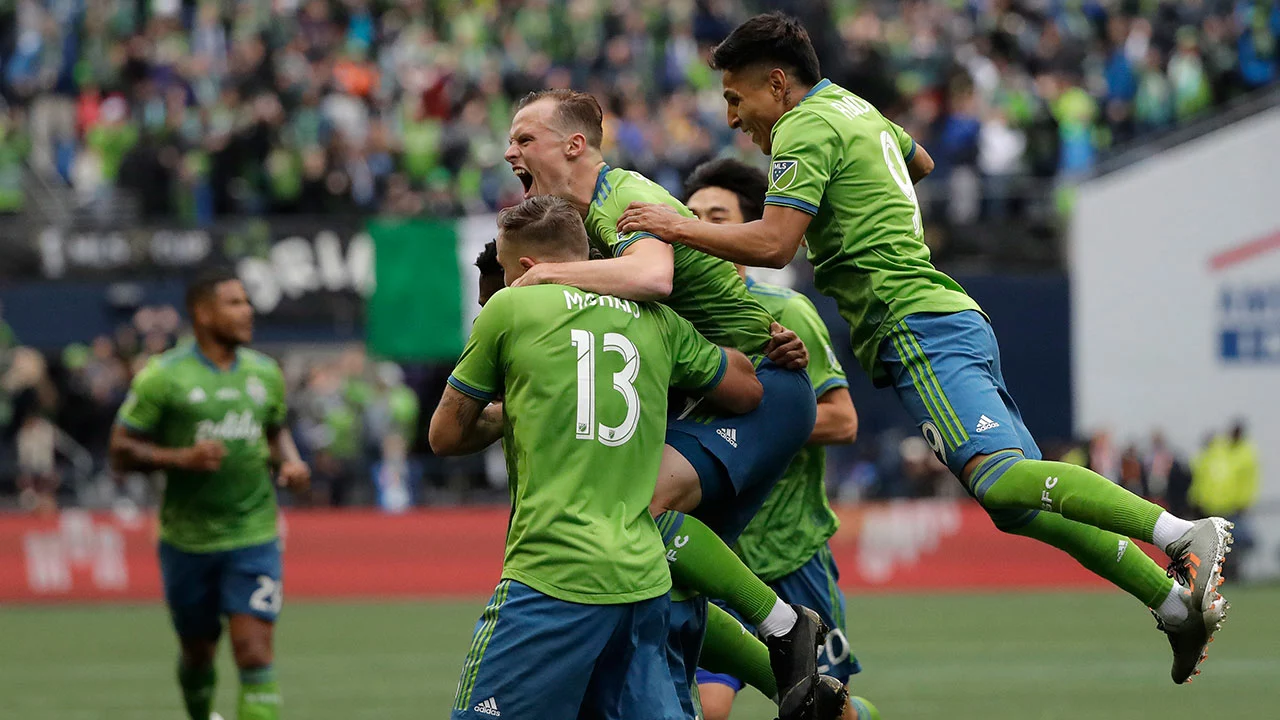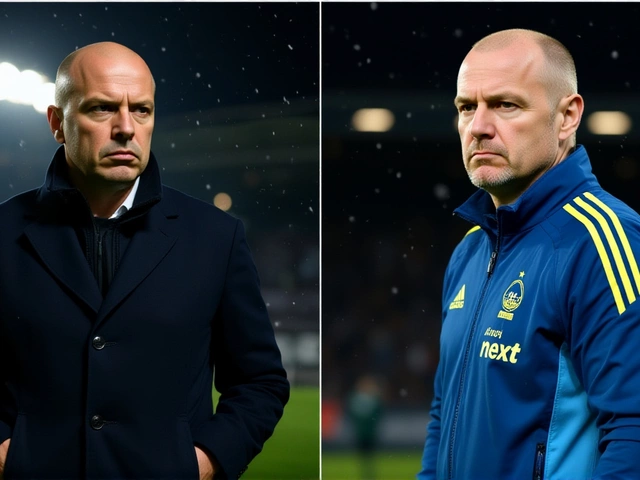Understanding the Perception of MLS
As a passionate soccer enthusiast, I've always been intrigued by the perception of different football leagues around the world. The Major League Soccer (MLS) in the United States is one that often sparks debate. Why is it seen as an inferior league? It's quite a loaded question, and I believe it boils down to several key reasons. Let's explore.
The Youth of the League
One of the main reasons MLS is seen as an inferior league is simply due to its youth. The league was established in 1996, which makes it a relative newcomer compared to European leagues like the English Premier League or the Spanish La Liga, which have histories dating back over a century. This youth means that the MLS is still in the process of maturing and developing its infrastructure and talent.
Lack of International Success
Another significant factor is the lack of international success for MLS clubs. Unlike the European clubs that regularly compete in the UEFA Champions League, MLS clubs have had little success in the CONCACAF Champions League, which is the equivalent tournament in North and Central America. This lack of international success can contribute to the perception of MLS as an inferior league.
Quality of Play
Let's face the music: the quality of play in the MLS is often seen as inferior to that of other leagues. This is not to say that there isn't talent in the MLS - there certainly is. However, it is widely believed that the overall quality of play, from the technical skills to the tactical understanding of the players, is not on par with the top leagues in Europe.
The "Retirement League" Perception
A stigma that has long been attached to MLS is the concept of it being a "retirement league". This comes from the trend of high-profile players moving to the MLS towards the end of their careers. While this has helped raise the profile of the league, it has also reinforced the idea that the MLS is not a destination for prime talent.
Financial Disparities
The financial disparities between MLS and other top leagues also play a role in the perceived inferiority. The salary cap in MLS restricts how much teams can spend on players, which can limit the league's ability to attract top talent. In contrast, clubs in leagues without salary caps, like the Premier League, can spend lavishly on acquiring the best players.
Development and Scouting Systems
Another area where the MLS lags behind is in its development and scouting systems. While strides have been made in recent years, the youth development systems in the United States are still not on par with those in countries with a deep-rooted football culture. This has a direct impact on the quality of players being produced domestically.
Media Coverage
Media coverage is another factor that influences the perception of a league. In the United States, soccer competes with sports like American football, basketball, and baseball for media attention. This can result in less exposure for the MLS, which in turn affects its perceived standing.
Changing the Narrative
Despite these challenges, there are signs that the perception of the MLS as an inferior league is slowly changing. The league has shown significant growth over the past decade, both in terms of its fan base and the quality of play. With continued investment and development, the MLS has the potential to shake off its inferior label and establish itself as a top football league.




